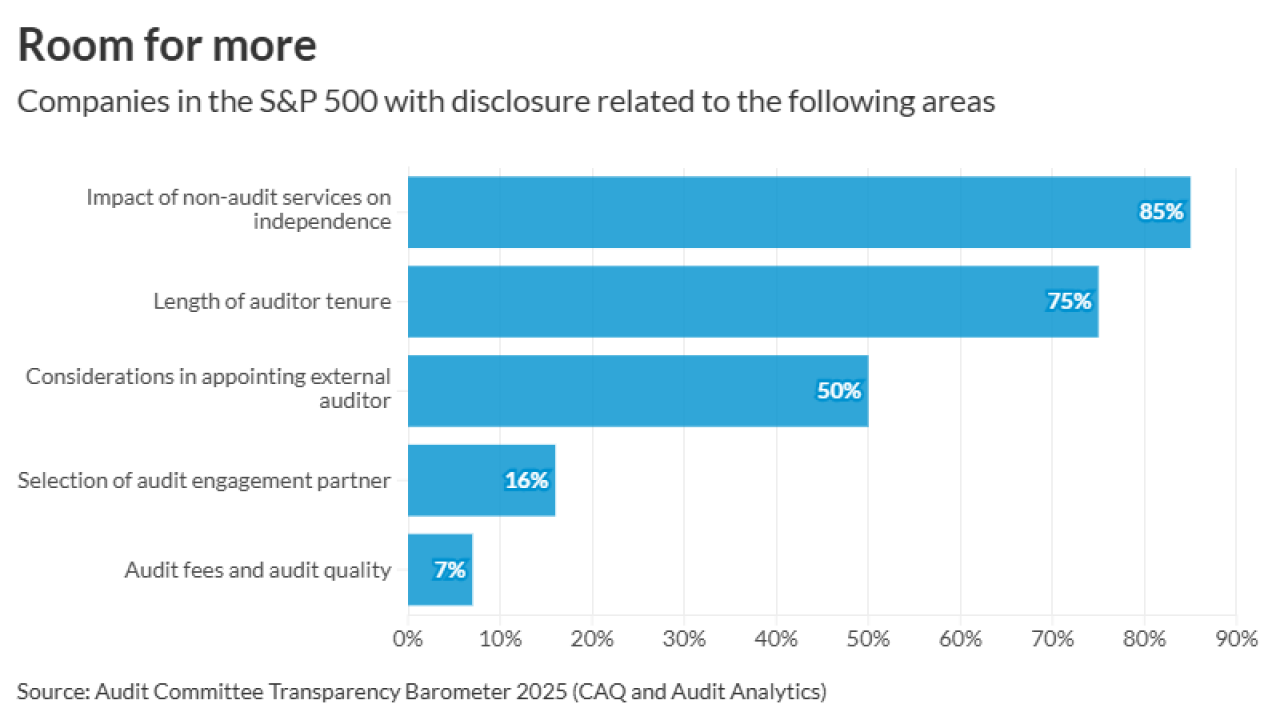The Centers for Medicare and Medicaid Services on Friday morning announced it will implement a special enrollment period for individuals who learn, at the time they file their taxes, of the Affordable Care Act-mandated tax penalty for not having health insurance coverage.
The special enrollment period will allow people to sign up as soon as they get a taste of the financial penalty that comes with not enrolling. Americans who didn’t have insurance in 2014 may owe a fine of $95 or as much as 1 percent of their income. If they remain uncovered this year, the fine could rise to 2 percent of their income for the 2015 tax year. Income tax filings for 2014 are due April 15. The newly announced special enrollment period will run March 15 to April 30.
Separately, Andy Slavitt, principal deputy administrator at CMS, says the administration sent about 800,000 Americans wrong information, which can affect how much they owe in taxes. The U.S. is asking them to hold off on filing their 2014 returns until they can correct the error, though about 50,000 people have already done so and will need to re-file.
The wrong information was a “glitch,” Slavitt says, that resulted in miscalculations of subsidies some taxpayers receive to help pay for their health coverage.
Rep. Diane Black, R-Tenn., in response to this glitch says “the Obama Administration has built a health care law so complex, so confusing, and so costly that even they don’t know how to properly administer it.
The Treasury Department has estimated as many as 6 million people may owe the penalty for not carrying insurance in 2014.
According to CMS, those eligible for the special enrollment period must:
Live in states with a federally-facilitated marketplace;
Currently not be enrolled in coverage through the FFM for 2015;
Attest that when they filed their 2014 tax return they paid the fee for not having health coverage in 2014; and
Attest that they first became aware of, or understood the implications of, the Shared Responsibility Payment after the end of open enrollment (February 15) in connection with preparing their 2014 taxes.
Coverage brought through the special enrollment period before the 15th of the month will be effective the first day of the following month.
"We recognize that this is the first tax filing season where consumers may have to pay a fee or claim an exemption for not having health insurance coverage," says CMS Administrator Marilyn Tavenner. “Our priority is to make sure consumers understand the new requirement to enroll in health coverage and to provide those who were not aware or did not understand the requirement with an opportunity to enroll in affordable coverage this year.”
When fully phased in, for tax year 2016, the penalty will be capped at the cost of the lowest cost bronze plan. The logic is you can pay the same amount of money, yet have health insurance, says Karen Pollitz, senior fellow at the non-partisan Kaiser Family Foundation.
Despite that, the biggest barrier to enrollment remains that people aren’t aware of coverage options.
“They’ve heard of the mandate, but what to do about it after that, there still are a lot of misinformed people out there,” she says. Speaking before the special enrollment period was announced, Pollitz said a special enrollment period “certainly could be an attention-getter and I think that is part of why people are discussing this.”
“It is still a pretty steep learning curve for the whole country, and April 15 may be another teachable moment,” she adds.
In a letter to Burwell last week, 11 Democratic senators urged HHS to put in this enrollment period. “Such a special enrollment period would increase coverage in affordable private health insurance and reduce the costs that the uninsured pass along to the insured,” the senators wrote.
State-run Marketplaces
On Monday, Washington state, which runs its exchange, said it would have a special enrollment window from Feb. 16 to April 17, and other major state-run exchanges said on a media call organized by Families USA to discuss 2015 enrollment that they too are considering an extension.
On the same call, exchange heads from California, New York and Kentucky all said they are considering the extra enrollment period. California’s Chris Lee says questions were raised about adverse selection, or people enrolling in health insurance not because of tax penalties but because they got sick. However, health plans that sell on Covered California told him the concern was unwarranted, according to their actuaries. “That [is] a major factor going into consideration,” he says. “This is a special circumstance — the first time Americans are seeing shared responsibility fees on their taxes.”
“For the first year ever, Americans can use that opportunity to enroll,” Lee adds. “It’s the right, consumer-centric thing to do to give this very close consideration.”
Lee says so far California has seen thousands of consumers “who literally walked across the street from the tax adviser, because they discovered they had a penalty, to then enroll. We think this is something we need to look at closely.”
—Additional reporting by Alex Wayne and Anna Edney of Bloomberg.
This article originally appeared on





